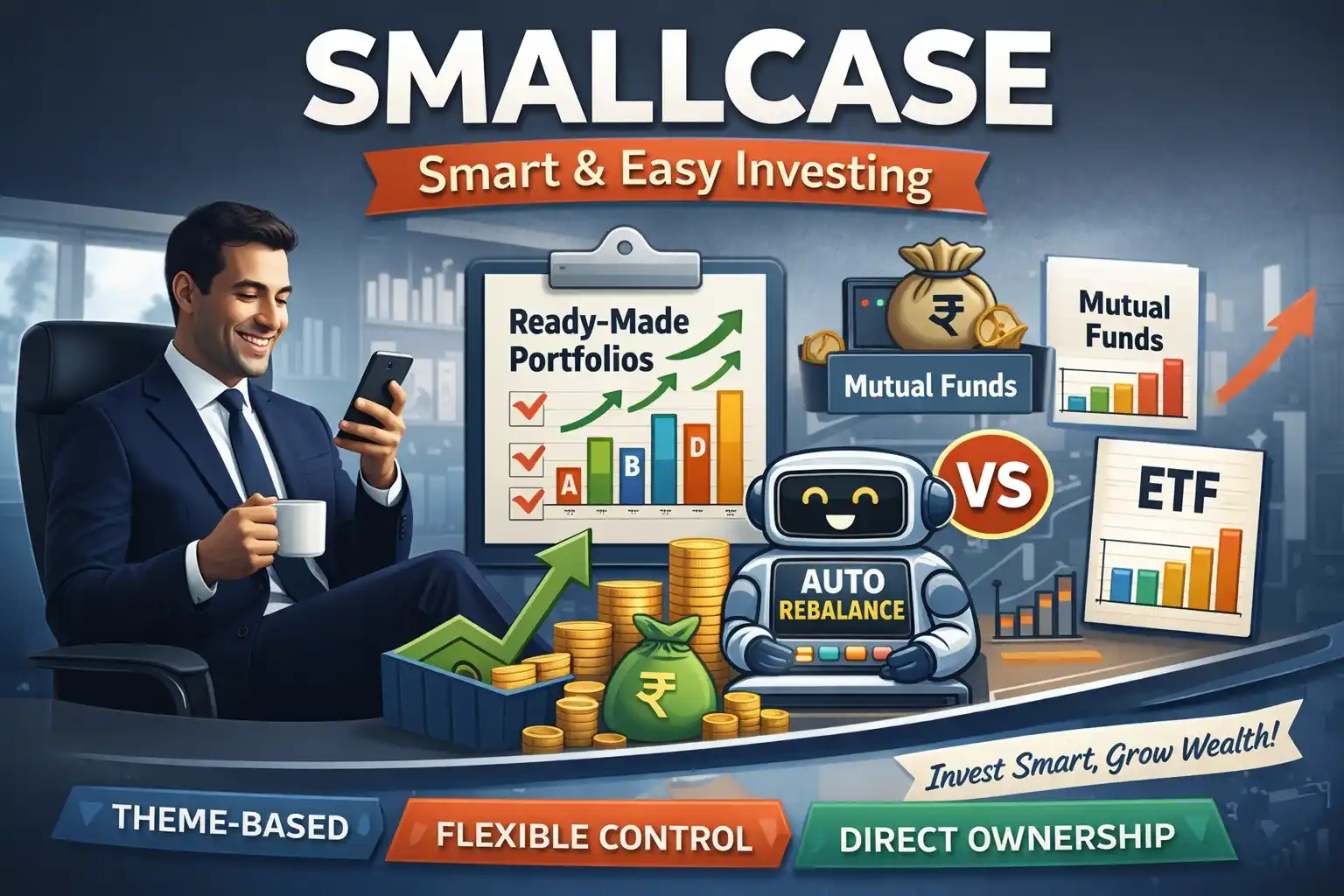
हिंदी में पढ़ने के लिए मेनू बार से हिंदी भाषा चयन करें।
In today’s world, investors are no longer just chasing profits — they’re asking deeper questions: Is my money making a positive impact? Is it harming the environment or helping society? That’s where ESG Investing steps in.
What is ESG Investing?
ESG stands for Environmental, Social, and Governance. It’s an investment approach where decisions are based not only on a company’s financial performance but also on how responsibly it operates.
Let’s break it down:
🔹 Environmental:
How does the company impact the planet? Does it reduce pollution, use clean energy, or manage resources responsibly?
🔹 Social:
How does it treat employees, customers, and communities? Is there diversity, fair labor practices, and social contribution?
🔹 Governance:
Is the company ethically managed? Are there transparent policies, no history of fraud or corruption, and responsible leadership?
📈 Why is ESG Investing Gaining Popularity in India?
In recent years, ESG investing has gained traction in India, especially after 2020. Mutual fund houses, foreign investors, and even young Indian investors have shown interest in socially responsible investing.
🔍 Key reasons behind this trend:
- Increased awareness among new-age investors
- Government policies focused on sustainability
- Global investors demanding ESG compliance
- Corporate scandals pushing investors to rethink governance standards
🏦 Popular ESG Mutual Funds in India
| Mutual Fund House | Fund Name | Launch Year |
| SBI Mutual Fund | SBI Magnum ESG Fund | 2018 |
| ICICI Prudential | ICICI Prudential ESG Fund | 2020 |
| Axis Mutual Fund | Axis ESG Equity Fund | 2020 |
| Kotak Mutual Fund | Kotak ESG Opportunities Fund | 2021 |
These funds select companies based on ESG scores and aim to deliver long-term growth with responsible investing.
Is ESG Just a Trend or a Marketing Gimmick?
While ESG is growing, it has some challenges that raise doubts:
Key concerns:
- Greenwashing: Some companies publish ESG reports only for image-building without real action.
- Lack of standard scoring: ESG scores vary across rating agencies.
- Data limitations: India still lacks deep ESG data sets.
- Short performance history: Many ESG funds are too new to judge long-term impact.
🌱 Future of ESG in India — Real Opportunity or Just Hype?
Despite some hype, ESG investing is not going away. It’s becoming increasingly important due to climate concerns, regulatory changes, and the need for ethical corporate behavior.
India’s regulatory body SEBI now mandates BRSR (Business Responsibility and Sustainability Report) for the top 1000 listed companies — showing that ESG isn’t optional anymore.
Conclusion
ESG Investing is not just a trend; it’s a smart and responsible investment approach. For investors looking for both returns and impact, ESG offers a powerful combination. Although there are challenges, the direction is clear — responsible companies are the future, and investing in them makes both ethical and financial sense.




































































